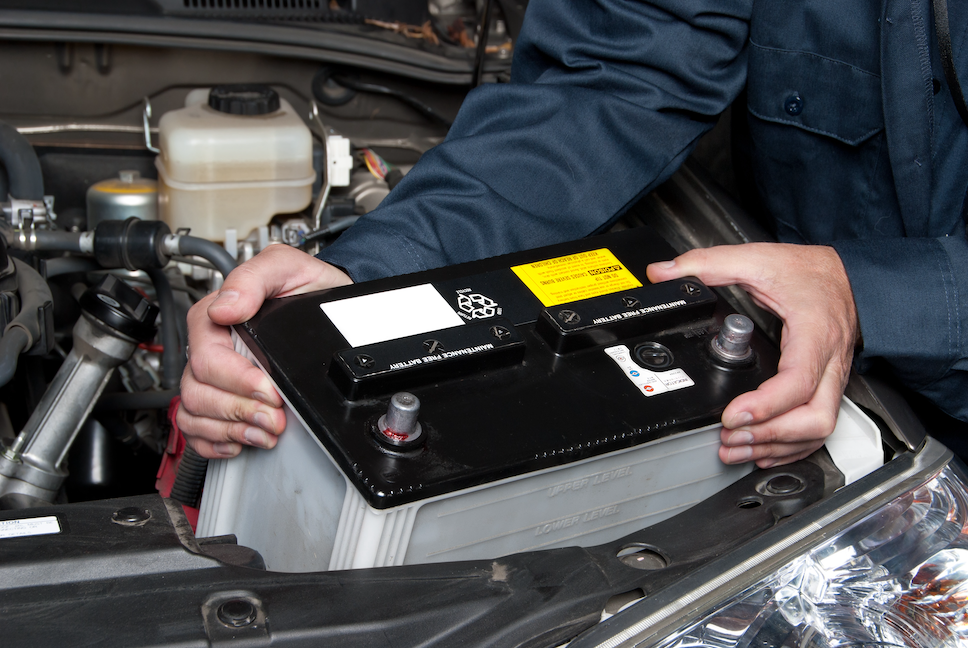The electrical system of a vehicle is like its nervous system, transmitting signals and power to various components to keep it running smoothly. When one of those signals disrupts the transmission of power, it can impact your ability to start your vehicle or power various vehicle accessories. In this month’s blog post, we highlight five common electrical system issues, the symptoms you may experience, and the best course of action to address these failures.
Electrical System Components
The electrical system primarily consists of the battery, alternator, and starter.
- Battery: The battery provides the necessary power to start the engine and powers all the electrical components of the vehicle when the engine is not running.
- Starter: The starter uses power from the battery to start the engine.
- Alternator: Once the engine is running, the alternator takes over from the battery to power the vehicle’s systems and recharge the battery.
There are many other components of the electrical system, but these three are more likely to cause a problem within the course of your vehicle operation.
Five Common Electrical System Issues
- Dead Battery: The most common issue, often due to leaving lights on or a faulty alternator. Symptoms include the engine not starting or electronic components not working. You may not hear anything when you crank the ignition. The solution is to recharge or replace the battery.
- Faulty Alternator: If the alternator is not working properly, it cannot charge the battery. Symptoms include dim lights or a dead battery. The alternator may need to be replaced.
- Bad Starter: If the starter is faulty, the engine cannot turn over. Symptoms include a clicking sound when trying to start the engine. The starter may need to be replaced.
- Blown Fuses: If an electrical component is not working, it could be due to a blown fuse. Fuses protect your system from surges in the circuits – when there is a surge it will burn out the fuse. Replacing the fuse should solve the problem.
- Bad Spark Plugs: If the spark plugs or wires are worn out, the engine may misfire or run unevenly. Replacing the spark plugs and wires should fix the issue.
Electrical System Maintenance
Proper maintenance of the vehicle’s electrical system can prevent many of these issues. Regularly check the battery and clean the terminals, replace the alternator and starter when they show signs of wear, and replace fuses and spark plugs as needed. Regular inspections by a professional can also help catch issues before they become serious problems.
If you have concerns about your electrical system, or want to have it pro-actively inspected, contact the service professionals at Campus Repair to schedule an appointment.

